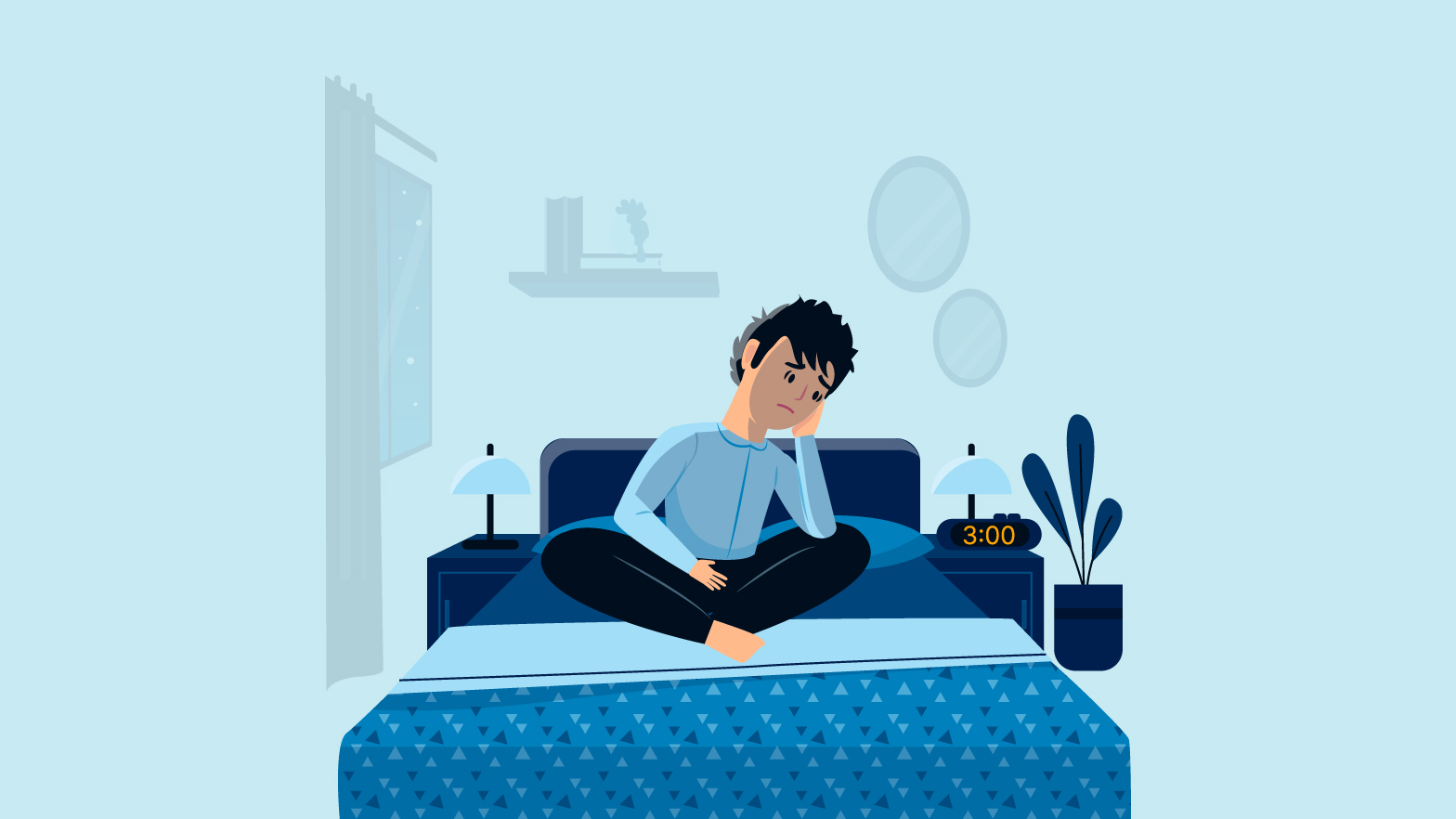
Sleep is a fundamental pillar of good health, yet millions of people worldwide struggle with sleep disorders that impact their daily lives. Whether it is difficulty falling asleep, staying asleep, or experiencing interrupted breathing during sleep, these issues can severely affect mental and physical well-being. While many assume occasional restlessness is normal, persistent sleep disturbances could indicate underlying medical conditions requiring professional attention.
Common sleep disorders such as insomnia and sleep apnea are prevalent but often misunderstood. Many individuals endure years of poor sleep without seeking appropriate care. Fortunately, with advancements in sleep medicine, there are various treatment options available, including sleep therapy and consultation with a sleep medicine specialist. Understanding these disorders, their symptoms, and available treatments is crucial for improving sleep quality and overall health.
This blog delves into some of the most common sleep disorders, their impact on health, and possible treatment solutions.
Sleep disorders refer to conditions that prevent individuals from getting adequate rest. Among the most prevalent conditions are insomnia, sleep apnea, restless leg syndrome, and narcolepsy. Each disorder presents unique challenges and requires specific interventions.
Insomnia is one of the most widespread sleep disorders, affecting millions globally. It is characterised by difficulty falling asleep, staying asleep, or waking up too early. Chronic insomnia can result in long-term health consequences, including anxiety, depression, and cognitive impairment.
Causes of insomnia range from stress and anxiety to underlying medical conditions. Seeking sleep disorder treatment early can help individuals regain control over their sleep patterns. A sleep medicine specialist may recommend cognitive behavioural therapy, lifestyle changes, or medications to manage insomnia effectively.
Sleep apnea is a serious condition where breathing repeatedly stops and starts during sleep. It is often associated with loud snoring and excessive daytime sleepiness. There are two main types: obstructive sleep apnea (OSA) and central sleep apnea (CSA). OSA is caused by airway blockage, while CSA occurs due to a failure of the brain to signal proper breathing.
If left untreated, sleep apnea can lead to complications such as high blood pressure, heart disease, and poor concentration. A sleep apnea specialist can diagnose the condition using sleep studies and recommend treatments such as continuous positive airway pressure (CPAP) therapy, weight management, or surgery in severe cases.
A lack of sufficient sleep can significantly impair daily functioning. Chronic sleep deprivation has been linked to numerous health issues, including cardiovascular disease, obesity, diabetes, and weakened immunity. Mental health is also profoundly affected, as poor sleep contributes to increased stress, anxiety, and depression.
Poor sleep can also reduce cognitive function, leading to decreased productivity, memory lapses, and an increased risk of accidents. Seeking early intervention, such as sleep therapy, can help mitigate these effects and promote long-term well-being.
Recognising the symptoms of sleep disorders is the first step towards treatment. Common indicators include:
If any of these symptoms persist, consulting a sleep medicine specialist is crucial. A comprehensive evaluation may involve sleep studies and diagnostic tests to determine the underlying cause.
Yes, stress and anxiety are significant contributors to sleep disturbances. When the mind is overwhelmed with worries, it can be challenging to relax and fall asleep. Chronic stress can lead to heightened cortisol levels, disrupting the body’s natural sleep-wake cycle.
Relaxation techniques, such as mindfulness meditation, deep breathing exercises, and maintaining a bedtime routine, can help manage stress-induced sleep problems. For persistent issues, professional guidance through sleep therapy may be beneficial.
Sleep and mental health are closely linked. Sleep disorders often exacerbate mental health conditions, while mental health struggles can worsen sleep quality. Individuals suffering from depression or anxiety frequently report sleep disturbances, including insomnia and nightmares.
Improving sleep quality through proper sleep hygiene, therapy, and professional interventions can positively impact mental health. Addressing underlying sleep issues with a sleep medicine specialist can lead to better emotional stability and overall well-being.
Yes, various treatments are available depending on the type and severity of the sleep disorder. Some common approaches include:
Seeking assistance from a qualified sleep apnea specialist or a sleep clinic ensures the most effective treatment tailored to individual needs.
Understanding common sleep disorders is the first step towards improving sleep quality and overall health. Conditions such as insomnia and sleep apnea affect millions worldwide, leading to significant health implications. Identifying symptoms early and seeking appropriate treatment through a sleep medicine specialist or sleep therapy can help restore restful sleep.
Prioritizing sleep is essential for maintaining mental and physical well-being. Whether through lifestyle changes, therapy, or medical interventions, there are numerous ways to manage and treat sleep disorders effectively. If you or a loved one is struggling with persistent sleep issues, consulting a professional at a sleep clinic can be life-changing. Taking proactive steps today can lead to a healthier and more rejuvenating future.
ALSO READ: How a Sleep Study Can Help Diagnose Your Sleep Issues
The most common sleep disorders include insomnia, sleep apnea, restless leg syndrome, and narcolepsy.
Sleep deprivation can lead to cardiovascular problems, obesity, diabetes, weakened immunity, and mental health issues like anxiety and depression.
Symptoms such as persistent difficulty sleeping, loud snoring, excessive daytime fatigue, and concentration issues may indicate a sleep disorder.
Yes, stress and anxiety can interfere with sleep by increasing cortisol levels and making relaxation difficult.
Poor sleep can contribute to mood disorders, cognitive impairment, and increased risk of depression and anxiety.
Yes, treatments include cognitive behavioural therapy, CPAP therapy for sleep apnea, medication, and sleep therapy.